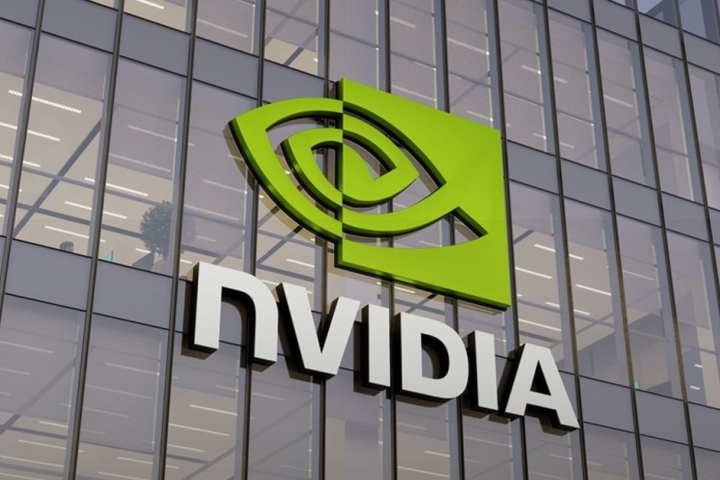It’s become almost second nature—scrolling past a sponsored Instagram post, clicking on a TikTok product recommendation, or using a referral link to sign up for a newsletter. Most users barely think about what powers those interactions. Yet behind them lies a vast ecosystem of affiliate marketing, one that has been dominated by e-commerce giants and legacy platforms designed around product sales. But that’s no longer the full story.
Glidescale, a digital marketing startup led by founder Victor Boechat de Carvalho, is challenging that reality. With a model that is more affordable, fraud-resistant, and universally applicable than anything currently on the market, Glidescale positions itself not as an alternative, but as a superior default solution for affiliate marketing—whether for global e-commerce brands or grassroots content creators.
Affiliate Marketing’s Hidden Gatekeepers
Affiliate marketing has long been touted as a viable way to earn money online. But in practice, it comes with strings attached. Established platforms are primarily tailored to e-commerce sellers, requiring merchants to offer commissions for direct sales. These systems often involve high fees and exclude anyone without a formal sales funnel or product catalog.
This structure inadvertently sidelines smaller players, including creators, educators, non-profits, and individuals who simply want to draw attention to a digital cause or content asset. Instead of democratizing marketing, the existing affiliate model has reinforced digital hierarchies.
By contrast, Glidescale was built to cut through those limitations by being universal in scope—able to support any digital content—and by offering the lowest possible cost structure for campaign creators.
A Platform for Any Purpose
Unlike its competitors, Glidescale doesn’t limit users to commerce-related campaigns. The platform works with any link—no product or checkout page required. It operates on a pay-per-click model rather than a pay-per-sale model, which allows users to earn money for generating traffic, regardless of whether a purchase is made. For example, a campaign could be designed to boost attendance at a virtual event or increase followers on a music platform.
This universality is made possible by Glidescale’s security features. Fraud has long plagued pay-per-click systems, where bots or click farms can exploit loose verification methods. Boechat says Glidescale is designed to be resistant from the outset. While details remain proprietary, industry observers suggest the system likely uses behavioral analytics, device fingerprinting, and real-time click validation to prevent abuse.
“As for Glidescale, you can’t defraud it,” Boechat says flatly. “That’s the core innovation—making pay-per-click safe enough to be flexible.”
Two Markets, One Vision
Glidescale divides its audience into two groups: Manager Users, who create affiliate campaigns, and Marketer Users, who earn by driving traffic. It targets the U.S. and U.K. for campaign creation, while looking to regions like India and Eastern Europe to grow its marketer base.
That’s a deliberate move. While high-income countries offer more immediate advertising dollars, emerging markets are filled with digital-savvy individuals hungry for income streams. By keeping operating costs low and enabling global access, Glidescale is engineered to scale across borders without pricing anyone out.
Affiliate marketing, already valued at $17 billion globally, is projected to surpass $30 billion by 2030. But these numbers mask a core inefficiency: most of that growth still favors platforms and participants who operate within traditional retail models. Glidescale’s broader use cases—from political messaging to online education—present an opportunity to expand the definition of affiliate marketing itself.
Redefining What Deserves Promotion
Glidescale is reimagining what gets visibility in a digital economy that often rewards only what can be sold. What if attention itself is the commodity? What if affiliate marketing could help amplify grassroots journalism, social campaigns, or indie game launches?
“If you want to generate traffic to an Instagram page, a political campaign, it doesn’t matter,” Boechat explains. “That’s the point—this system shouldn’t be reserved for selling physical goods.”
That principle resonates with broader changes in online behavior. As people shift toward supporting creators, subscribing to niche communities, or sharing content tied to values—not just purchases—platforms that support diverse goals are likely to resonate more deeply.
A Click-Driven Future for All?
Glidescale is still in early growth stages, with more development and visibility ahead. But its vision is ambitious and increasingly relevant. Rather than catering to one segment of the market, it delivers a unified platform that meets the needs of every segment—securely, affordably, and without compromise.
It’s not offering a workaround for edge cases—it’s offering a new standard for affiliate marketing as a whole.
If digital marketing is to become truly inclusive and intelligent, it will require more than incremental upgrades to old systems. It will require platforms that treat every campaign—whether commercial or cultural—as worthy of reach and reward.
Because sometimes, the most meaningful links don’t just drive sales. They drive change.








